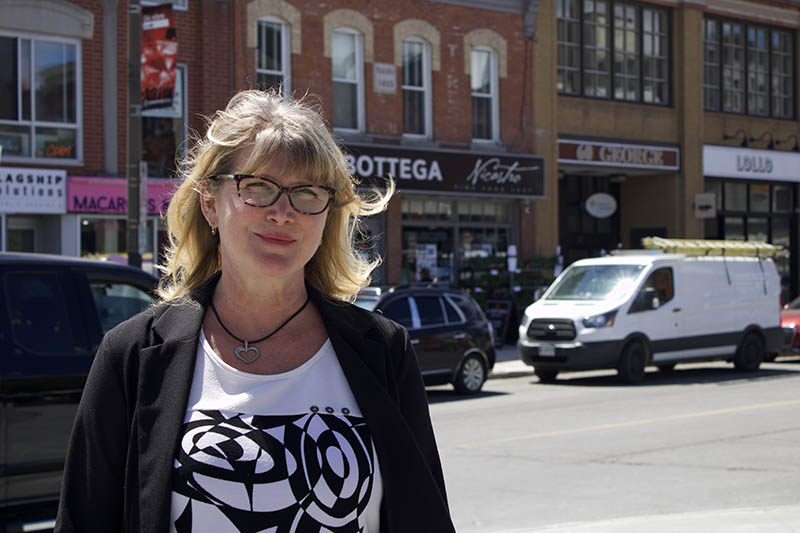An Ontario Liberal government would increase the provincial minimum wage to $16 per hour and eventually replace the minimum wage with a “regional living wage” if elected June 2.
“In a province as wealthy and healthy as ours, no full-time worker should struggle to make ends meet,” said Ontario Liberal leader Steven Del Duca announced on March 27.
The promise was made as part of the party’s Plan for Economic Dignity, which includes a variety of policies such as more regulation for gig and contract employment, piloting a four-day work week and increasing sick days for all workers.
“We’ll increase the minimum wage to $16 an hour effective January 1, 2023 to help the more than 700,000 workers who were denied three years of increases to their wages,” the plan states. “We’ll then consult broadly and develop a living wage structure that factors different wage rates in different regions of the province – recognizing that some areas are more expensive to meet basic needs in than others.”
The plan also includes policies directed at rebuilding small businesses that have struggled throughout the pandemic.
The Liberals aren’t the only party promising a minimum wage increase. This past November, the provincial NDP announced a plan, if elected to government, to increase the hourly rate every year reaching $20 an hour on May 1, 2026. The NDP plan would also include a fund to help small and medium sized local businesses, farms and agribusinesses.
The provincial Progressive Conservative government increased the minimum wage to $15 per hour in January. The wage rate is scheduled to increase by 50 cents an hour again in October 2022. The party would then raise the minimum wage every subsequent October based on inflation..
The Liberal minimum wage plan is the inclusion of a regional living wage, which Del Duca said would be introduced after consultation with the public.
Katie Gibbs, Liberal candidate in Ottawa Centre, said the party would work with stakeholders and use local data to create a formula to generate a living wage that takes into account the cost of living unique to everyone’s region.
“We’re a huge province, so geographically diverse, that it makes sense to have something that allows for that variability.”
— Katie Gibbs, Ontario Liberal candidate, Ottawa Centre
“We’re a huge province, so geographically diverse, that it makes sense to have something that allows for that variability,” Gibbs said.
Liberal MPP Lucille Collard, who represents Ottawa-Vanier, says Ontario was already a step behind since the previous Liberal government had hoped to introduce a $15-per-hour minimum wage in 2019. But the policy was dropped when Ford took office after the 2018 provincial election.
Nunavut has the highest minimum wage in the country at $16 per hour. The territory increased its minimum hourly wage rate from $13 to $16 in April 2020 after 93 per cent of those surveyed in the territory said the current wage needed a “significant increase.”
Collard said Ontario’s current minimum wage isn’t working for everybody, especially people in Ontario’s urban centres, where living costs are the highest.
Additionally, Collard said she thinks the minimum wage should be assessed annually as inflation rises — and especially during crises like the COVID-19 pandemic.
“We’ve been through a massive disruption and the dust hasn’t necessarily settled into some kind of new normal.”
— Jennifer Robson, associate professor of political management, Carleton University
Jennifer Robson, an associate professor of political management at Carleton University, said the Liberals’ proposed increase to $16 an hour is unlikely to make a significant difference for the many full-time workers in the province living below Canada’s poverty line.
Robson also said that over the past two years, Canadians have experienced major changes in costs of living and upheaval within the labour market, largely due to the pandemic. The uncertain economic environment has also meant the standard model used to calculate the costs and benefits of these types of policies is no longer applicable.
“We’ve been through a massive disruption and the dust hasn’t necessarily settled into some kind of new normal,” Robson said.
Robson said she would love to see the party share a clear analysis of what its proposed policy would accomplish and who it will most benefit, especially regarding overall demand for jobs and new entrants to the labour market.




